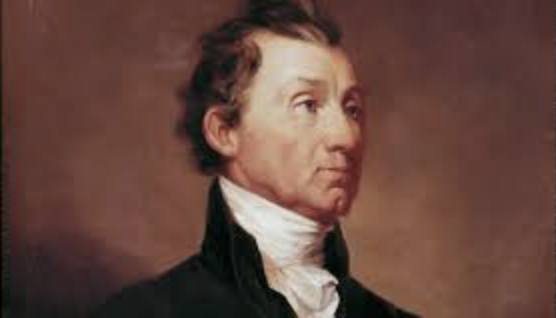Monroe’s Legacy
A Diplomat…
James Monroe was known as a diplomat long before he became the 5th President of the United States, he played key roles in shaping America’s foreign relations during its early years, including;
Minister to France (1794–1796): Monroe served as the U.S. envoy to France during the French Revolution, working to maintain positive relations at a time when the French alliance was critical to America.
Negotiator of the Louisiana Purchase (1803): As U.S. minister to France, Monroe (along with Robert Livingston) negotiated with Napoleon’s government and secured the Louisiana Territory, doubling the size of the United States.
Minister to Great Britain and Spain (1803–1808): He also represented the U.S. in London and Madrid, attempting to secure American shipping rights and territorial agreements.
Secretary of State (1811–1817): Under President James Madison, Monroe was essentially the nation’s top diplomat during the War of 1812, managing relations with foreign powers in a period of crisis.
A President and Uniter…
James Monroe was known as president (1817 - 1825) for overseeing the “Era of Good Feelings,” when national unity was strong, and for issuing the Monroe Doctrine (1823), which warned Europe not to interfere in the Americas. He was also known for expanding U.S. territory through the Adams-Onís Treaty, which gained Florida from Spain.
The Monroe Doctrine (1823) is one of the most famous diplomatic statements in U.S. history, which warned European powers against interfering in the Americas.
A Founding Father…
James Monroe fought in the Revolutionary War, served in the Continental Congress, and helped shape the new nation’s government. Monroe was also active in writing and debating key issues of the early republic, supported the ratification of the Constitution, and later strengthened the United States through diplomacy (like the Louisiana Purchase) and leadership as president with the Monroe Doctrine.



